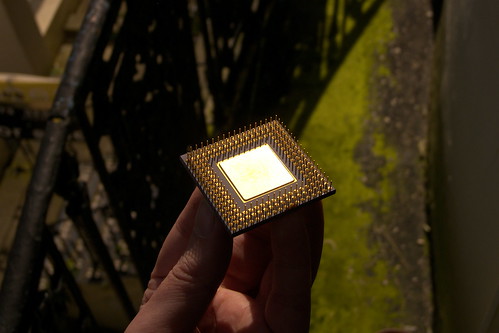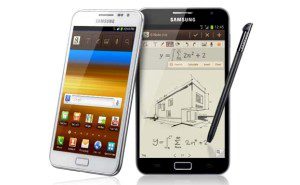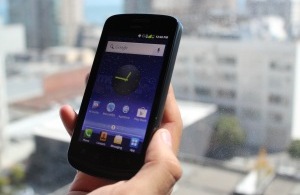Most people now have at some point seen videos about the ‘homes of tomorrow’. These are self-automated wonderlands that keep the property at the perfect temperature, that let us control all the entertainment from a single controller and that are highly efficient with energy.
Now you may have watched such videos and found yourself thinking ‘not in my lifetime’. It all seems a little high-tech and you’d be forgiven for not quite believing it. But the fact of the matter is that these things are on the way, and actually the technology we end up with is going to be far more transformative than even those programs would have us believe. Fast forward a few years and you’ll hardly be able to believe what’s on the way…
Here we’re going to be looking at one of the things that will have the most impact on the way we live our lives and run our homes. It’s called ‘the internet of things’.
What is the Internet of Things?
As the name should suggest, the ‘internet of things’ is a rudimentary web connection that will be share between all kinds of objects and items in your home. Currently we tend to think of only our computers and our mobiles as being web enabled, but in the future your plant pots, your desks, your windows and pretty much everything else will be as well.
No you should be asking two questions: how, and why.
The How
Let’s start with the how. As we know chips and processors have been getting smaller and smaller all the time to the point where you can fit a device several times more powerful than your old computer in your pocket. That’s not what is going to allow your plant pot to go online though; rather this will come down to the ever-increasing connection speeds between devices.
When you want an app these days you can head online and download the app in under a minute. That’s pretty impressive, but in the future you won’t have to download the app at all. Rather, connections will be so fast that you will just be able to ‘stream’ the apps onto your phone as though they’re already installed. These apps will run on a server – a huge computer somewhere – and all your phone will do is to control them and see what they’re doing. No need for installations – it will all happen ‘on the cloud’.
What this then means in turn is that it will only require a connection in order for a device to get access to intense processing power. The devices themselves won’t have to contain any of those powerful chips, and so they will be able to remain tiny, light and very affordable. Stick a tiny connection chip in your plant pot, and it will have access to many times more computing power than your computer does right now.
The Why
But why would you even want to put your plant pot online? Well there are many possible reasons, but generally this internet of things will be able to make life easier and more automated – especially around the home.
Those connection chips you see won’t only be able to get online, they’ll also have access to sensors that will give them real time information about your plant pots. They will be able to measure the moisture of the soil for instance and then e-mail you to remind you to water the plants. Likewise the milk in your fridge will be able to alert you when you’re running low and when you need to top up – in theory you could even set it up to order you more using online shopping so that you never have a nasty surprise.
Your clothes will be able to alert you that you’re smelling bad, you won’t need to turn on the light and your whole house will be able to communicate in order to ensure that you are being as energy efficient as possible.
Once the internet of things has arrived, we’ll no doubt find that there are more applications for it than we could predict right now: much as what happened with the internet in general. So it turns out that the home of next week is coming much quicker than we thought…




